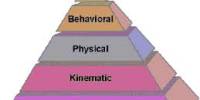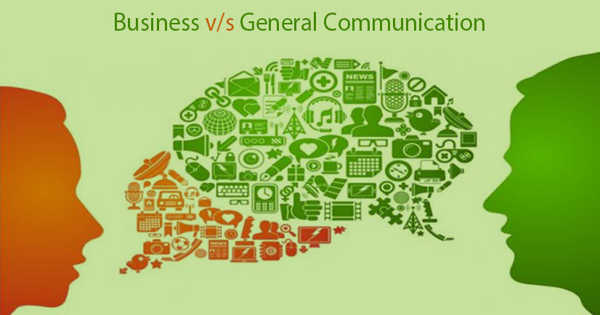The term “empathy” is employed to explain a good range of experiences that’s the power to grasp and bear in mind of, co-experiences the emotions and thoughts of others, is maybe one in every of the foremost important skills someone may have. Developing empathy is crucial for establishing relationships and behaving compassionately. Kinds of empathy include cognitive empathy, emotional (or affective) empathy, and somatic empathy.
Empathy involves experiencing another person’s point of view, instead of just one’s own, and enables prosocial or helping behaviors that come from within, instead of being forced. It’s not only for building and maintaining strong and healthy relationships but to figure more effectively and achieve greater success in life generally. It absolutely was described for the primary time in English by land critic and author, Vernon Lee, who explained “the word sympathy, with-feeling… is exercised only our feelings enter, and are absorbed into, the shape we perceive.” Einfühlung was officially translated by Edward B. Titchener in 1909 into the nation word “empathy”.
Empathy seems to own deep roots in our brains and bodies, and in our evolutionary history. Having empathy implies that we are able to understand and share the emotions of others. This communication skill is very important in both team and one-on-one settings. In both cases, we are going to have to understand other people’s emotions and choose an appropriate response. Empathy has been related to two different pathways within the brain, and scientists have speculated that some aspects of empathy may be traced to mirror neurons, cells within the brain that fireside after we observe somebody else perform an action in much the identical way that they’d fire if we performed that action ourselves.
Empathy helps us cooperate with others, build friendships, make moral decisions, and intervene after we see others being bullied. It involves the power to match another’s emotions, while others believe that empathy involves being tenderhearted toward another person. Humans begin to indicate signs of empathy in infancy and also the trait develops steadily through childhood and adolescence. Having empathy can include having the understanding that there are many factors that enter the higher cognitive processes and cognitive thought processes. The majority are likely to feel greater empathy for people like themselves and should feel less empathy for those outside their family, community, ethnicity, or race.
Actually, empathy helps us connect and help others, but like other traits, it may have evolved with a selfish motive: using others as a “social antenna” to help detect danger. Since empathy involves understanding the emotional states of other people, the way it is characterized is derived from the way emotions themselves are characterized. From an evolutionary perspective, creating a mental model of another person’s intent is critical: the arrival of an interloper, for example, could be deadly, so developing sensitivity to the signals of others could be life-saving.
People who are weak at empathy have a very hard time reading between the lines of their conversations and understanding that what the opposite person means, or wants, to speak to them are a few things completely different from what they really say. Empathy is distinct also from pity and emotional contagion. Having empathy doesn’t necessarily mean we’ll want to assist someone in need, though it’s often an important opening move toward compassionate action.
Information Sources:
















